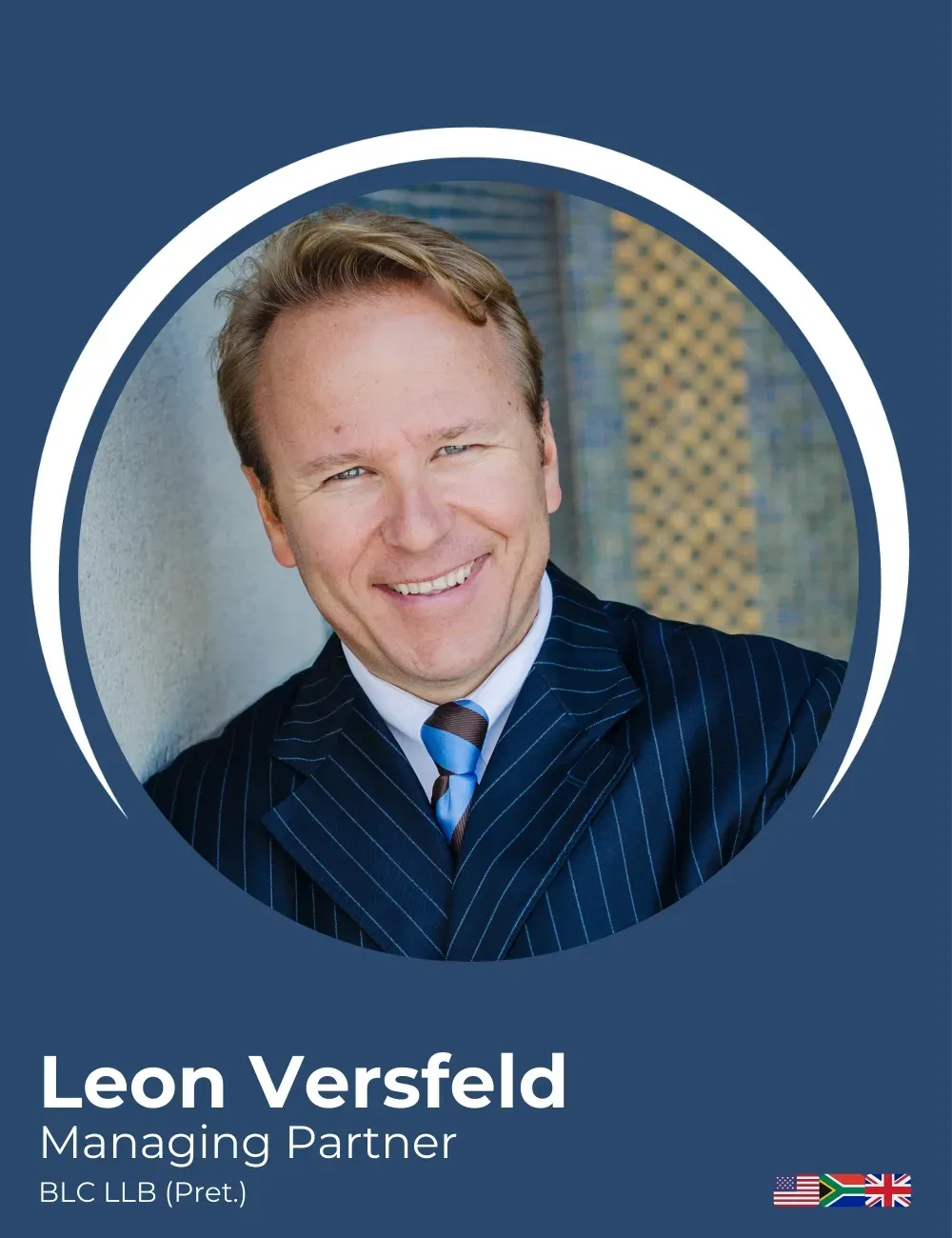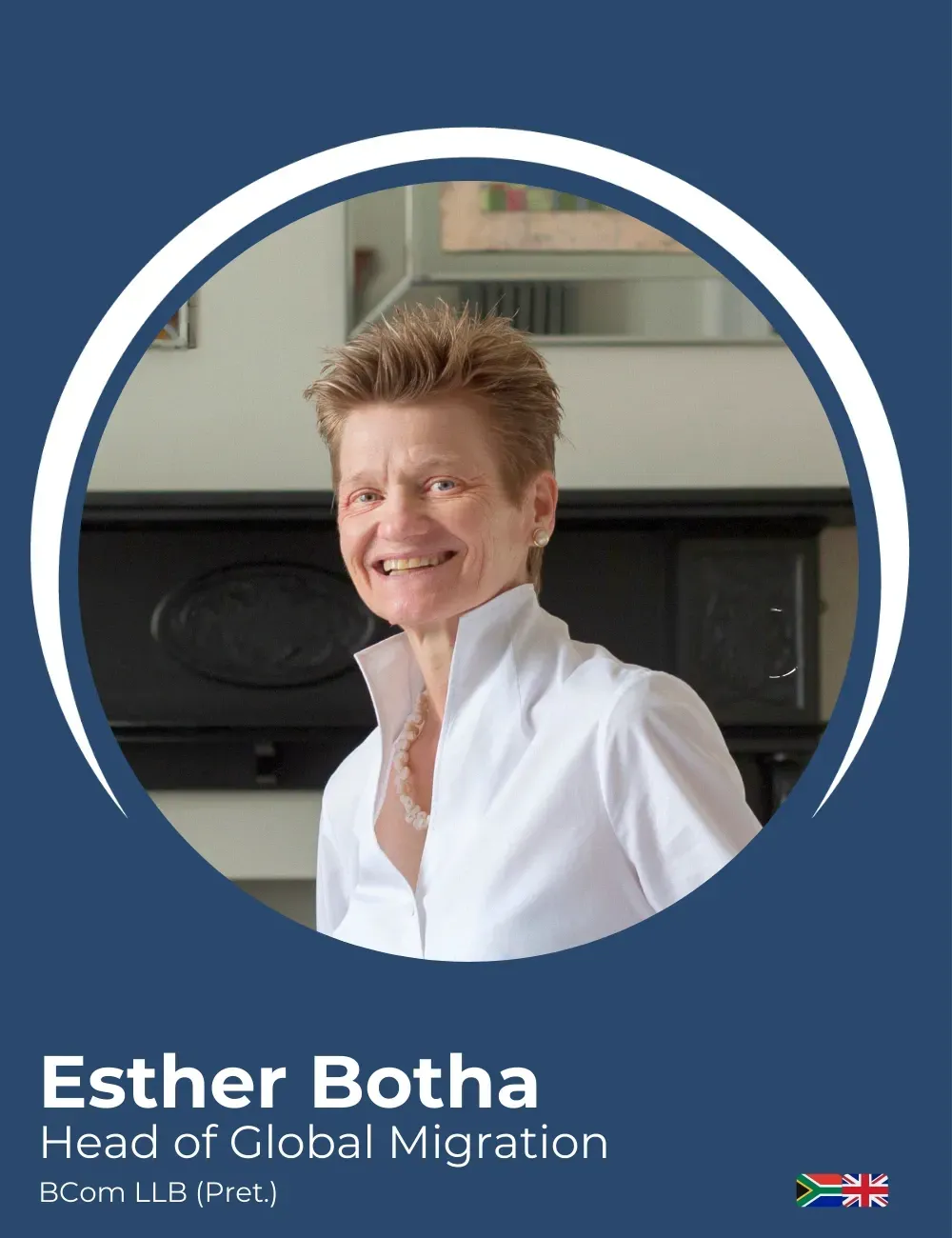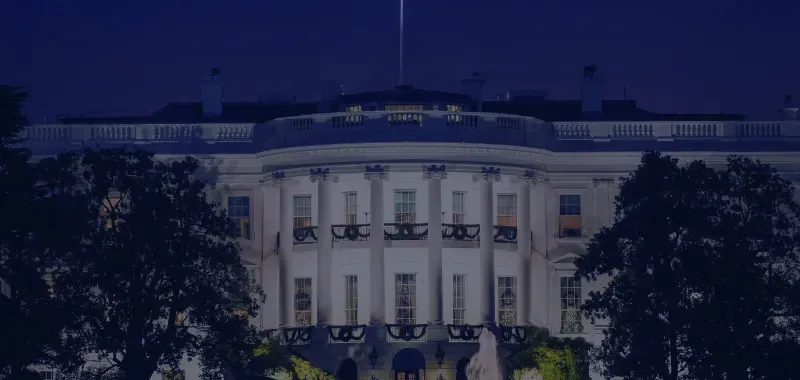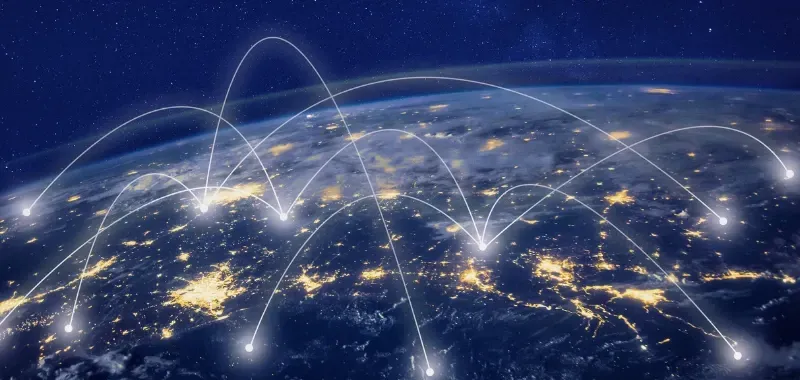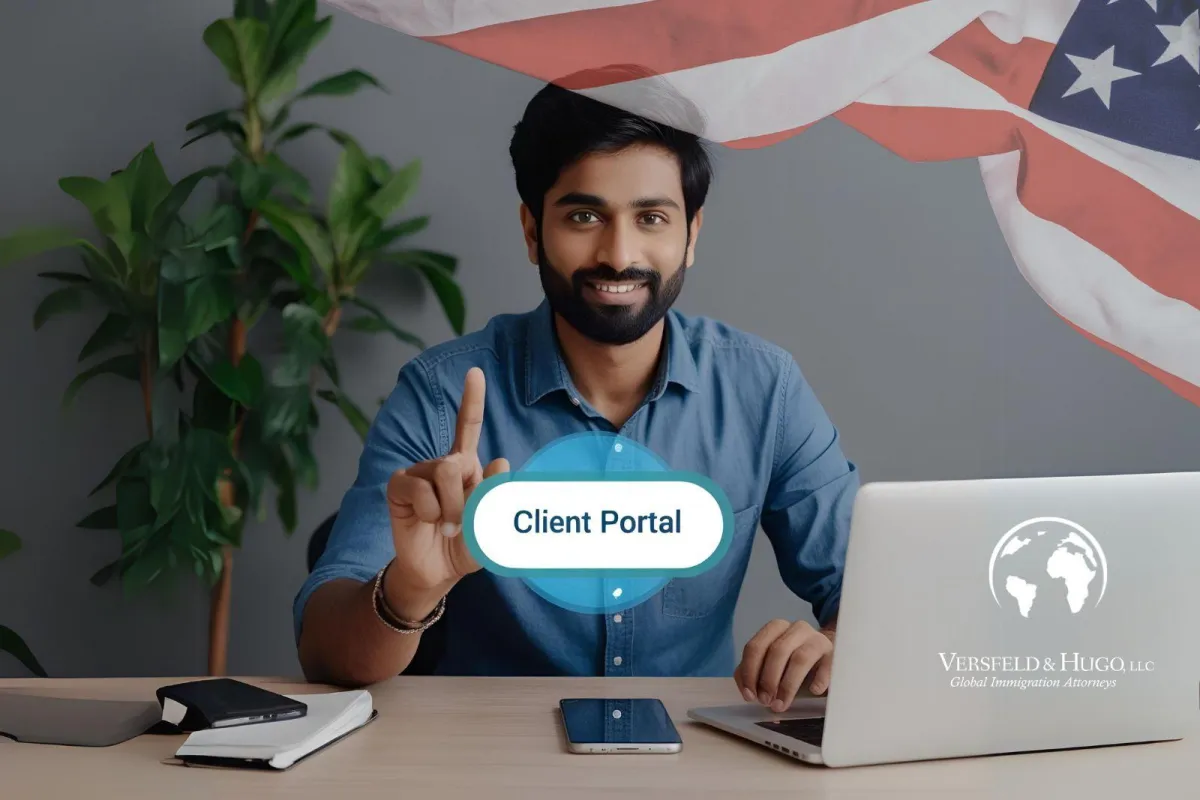EB2 Visa - Second Preference
EMPLOYMENT GREEN CARDS
Understanding the EB-2 Visa: How Versfeld & Hugo LLC Can Assist You
At Versfeld & Hugo LLC, our team of knowledgeable immigration attorneys is committed to helping you navigate the EB-2 visa application process with confidence. Whether you hold an advanced degree or demonstrate exceptional ability in your field, our dedicated team is here to provide expert guidance. Contact us today for a confidential consultation to explore your eligibility and options.
What is an EB-2 Visa?
The EB-2 visa is an employment-based, second preference visa that grants permanent residency in the United States. Established by the Immigration Act of 1990, this visa is specifically for individuals with advanced degrees or those who exhibit exceptional ability in the sciences, arts, or business. Compared to the EB-1 (first preference) and EB-3 (third preference) visas, the EB-2 visa offers a valuable pathway for professionals seeking long-term opportunities in the U.S.
Who Qualifies for an EB-2 Visa?
EB-1A: For individuals with extraordinary ability in fields such as science, arts, education, business, or athletics.
EB-1B: For outstanding professors and researchers who have achieved international recognition in their academic field.
EB-1C: For multinational executives and managers who have held high-level positions in international companies.
While the criteria for these categories are stringent, our dedicated attorneys can assess your qualifications and help you present a compelling case to the U.S. Citizenship and Immigration Services (USCIS).
How to Qualify for an EB-1 Visa
The EB-2 visa is available to two primary groups:
1. Advanced Degree Holders: Individuals must have a U.S. advanced degree or its foreign equivalent, or a U.S. bachelor’s degree with at least five years of progressive work experience in the field. The job being offered in the U.S. must require such qualifications.
2. Exceptional Ability: This category is for individuals who can demonstrate a high level of expertise in the sciences, arts, or business, evidenced by at least three of the following:
An official academic record showing a relevant degree or award.
Letters documenting at least ten years of full-time experience in the profession.
A license to practice the profession or certification for a specific occupation.
Evidence of a high salary that indicates exceptional ability.
Membership in professional associations.
Recognition for achievements and significant contributions to the field by peers, professional or business organizations, or government entities.
In some cases, individuals may qualify for a National Interest Waiver (NIW), which allows them to bypass the labor certification requirement if they can prove that their work is of significant national interest to the United States.
Start Your Journey
Business & Employment
EB5 VISA - INVESMENT GREEN CARD
Nonimmigrant Visas:
H1B VISA - SPECIALITY OCCUPATION
L1 VISA - INTRACOMPANY TRANSFEREE
O1 VISA - EXTRAORDINARY ABILITY
Investment Immigration:
EB5 VISA - INVESMENT GREEN CARD
Family & Citizenship:
The EB-2 Visa Application Process
The application process for an EB-2 visa generally involves three steps:
Labor Certification (PERM): The U.S. employer must first file a Permanent Labor Certification with the Department of Labor using the Program Electronic Management Review (PERM) system. This step ensures that there are no qualified U.S. workers available for the position and that hiring a foreign national will not negatively impact the U.S. job market.Filing
Form I-140 (Petition for Alien Worker): After receiving approval for the labor certification, the employer submits Form I-140 to the USCIS on behalf of the foreign national, demonstrating that the applicant meets all requirements for the EB-2 classification.
Adjustment of Status or Consular Processing: If the applicant is already in the U.S. on a different visa, they can file Form I-485 to adjust their status to permanent resident once their priority date becomes current. If the applicant is outside the U.S., they will complete consular processing, including an interview at a U.S. consulate abroad.
Priority Dates and Visa Availability
EB-2 visas are subject to annual numerical limits, which can lead to backlogs. An applicant’s priority date, established when the labor certification is filed, determines their place in line. Staying informed about current priority dates is crucial for managing expectations regarding the timeline for visa approval.
Alternatives to the EB-2 Visa
If the EB-2 visa does not fit your circumstances, there are alternative employment-based options, such as:
EB-1 Visa: For individuals with extraordinary ability, outstanding professors or researchers, and multinational executives or managers.
EB-3 Visa: For professionals, skilled workers, and other workers who do not meet the stringent requirements of the EB-1 or EB-2 categories.
EB-5 Visa: For individuals investing in a new commercial enterprise that creates jobs for U.S. workers.
Initial Petition: File a petition with the USCIS, demonstrating your qualifications and eligibility for the EB-1 category.
Adjustment of Status: Once your petition is approved and a visa is available, file an application to adjust your status to permanent resident. In some cases, these steps can be completed simultaneously.
How Versfeld & Hugo LLC Can Help
The EB-2 visa process can be complex, but Versfeld & Hugo LLC is here to guide you every step of the way. Our experienced attorneys will work with you to gather the necessary documentation, ensure your application is complete and accurate, and help you navigate any challenges that arise. Whether you need assistance with a standard EB-2 application or are seeking a National Interest Waiver, our team has the skills and experience to help you succeed.
Contact Versfeld & Hugo LLC today to schedule your confidential consultation and discover the best employment-based immigration options for your unique situation. Let us help you achieve your professional and personal goals in the United States.

© 2024 Versfeld Law. All rights reserved. | Privacy Policy | Terms and Conditions | Legal Disclaimer | Powered by DNA Super Systems

